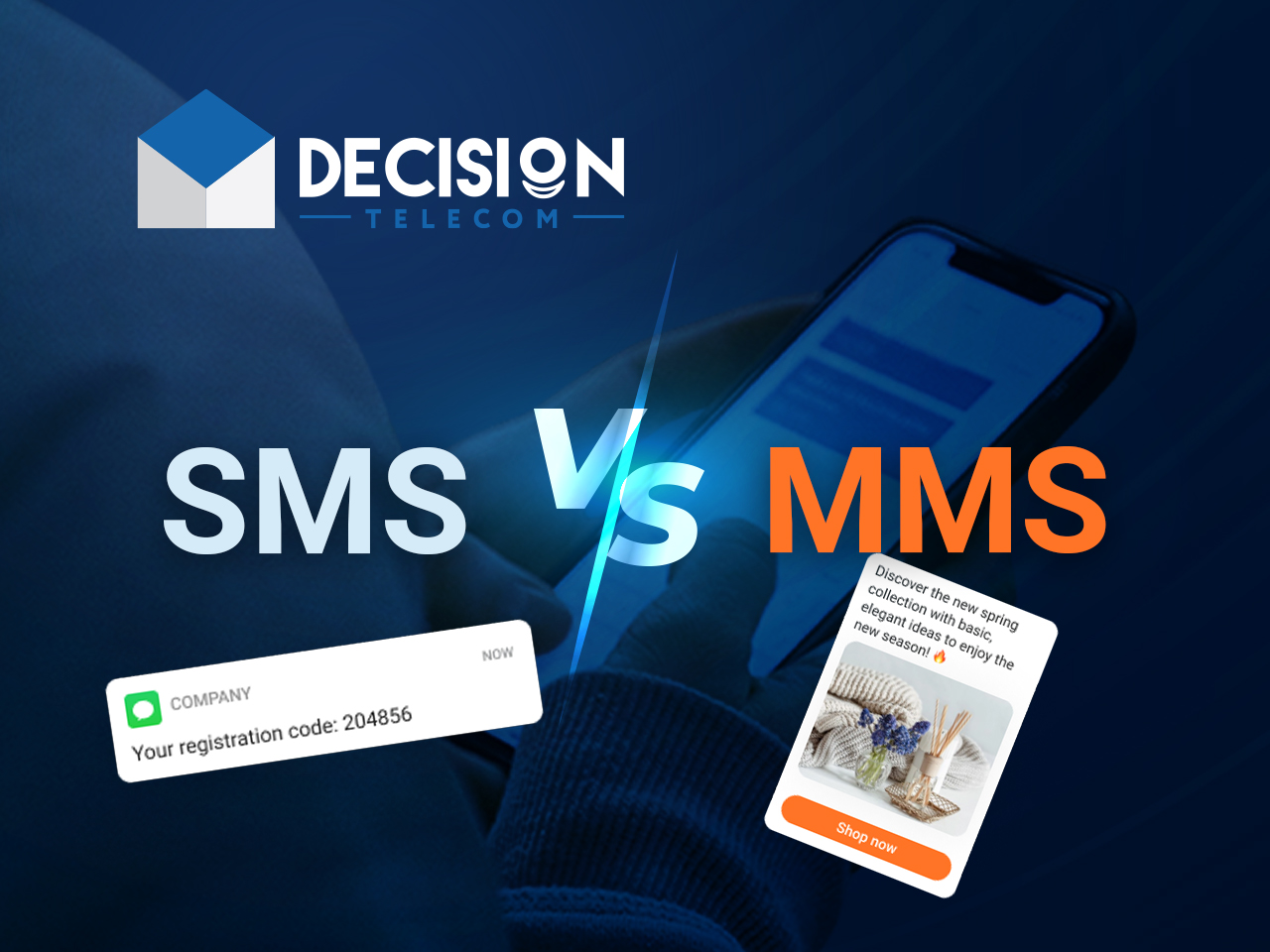Exploring The Intricacies Of MMS: A Comprehensive Guide
MMS, or Miracle Mineral Solution, has stirred a whirlwind of controversy and curiosity since its inception. Initially marketed as a miracle cure for various ailments, MMS has garnered attention from health enthusiasts and skeptics alike. Understanding the nature, applications, and risks associated with MMS is crucial in navigating the plethora of information available on this topic.
In recent years, MMS has been linked to alternative medicine, detoxification, and even as a treatment for serious health conditions. However, the scientific community has raised significant concerns about its safety and efficacy. With anecdotal success stories circulating widely, many individuals find themselves asking: Is MMS a genuine solution or a dangerous placebo?
This article aims to dissect the various facets of MMS, ranging from its origins and applications to its potential risks and the debate surrounding its usage. Whether you're considering MMS for personal use or simply wish to learn more about it, this guide will equip you with the necessary insights to make informed decisions.
What is MMS and How Did it Come to Be?
MMS, or Miracle Mineral Solution, is a solution that contains sodium chlorite, which, when mixed with an acid, produces chlorine dioxide—a chemical that has been used for water purification and bleaching. Originally marketed by Jim Humble, an advocate for alternative health practices, MMS was promoted as a miracle cure for a wide range of diseases, including malaria, cancer, and even HIV/AIDS. Its rise to popularity can be attributed to the claims of numerous users who reported positive health outcomes.
How Does MMS Work?
Proponents of MMS claim that it works by releasing chlorine dioxide in the body, which is thought to kill pathogens and improve overall health. The idea is that chlorine dioxide can selectively target harmful bacteria and viruses while leaving healthy cells unharmed. However, these claims lack robust scientific backing, and many health experts warn against its use due to potential side effects.
Is MMS Approved by Health Authorities?
No, MMS is not approved by major health authorities such as the Food and Drug Administration (FDA) or the World Health Organization (WHO). Both organizations have issued warnings about the dangers of consuming MMS, citing severe health risks, including nausea, vomiting, diarrhea, and dehydration. Despite these warnings, some individuals continue to advocate for its use, often citing personal testimonials as evidence of its efficacy.
What Are the Risks Associated with MMS?
The consumption of MMS poses several health risks, which are often downplayed by its advocates. Some of the most concerning side effects include:
- Nausea
- Vomiting
- Diarrhea
- Dehydration
- Severe abdominal pain
- Potential long-term damage to the intestinal lining
Who Should Avoid Using MMS?
MMS should be avoided by anyone, especially those with pre-existing health conditions, pregnant women, and children. The risks associated with MMS consumption far outweigh any potential benefits, and seeking alternative, scientifically-backed treatments for health issues is always advisable.
What Alternatives Exist to MMS?
For individuals seeking health improvements or alternatives to traditional medicine, there are numerous scientifically-proven treatments available. Some of these include:
- Vitamin C therapy
- Herbal supplements endorsed by clinical studies
- Dietary changes for improved health
- Conventional medications prescribed by healthcare professionals
What Are the Legal Implications of Selling and Using MMS?
The sale and distribution of MMS have faced legal challenges in various countries, including the United States. The FDA has taken measures against companies promoting MMS as a cure-all, and individuals selling it can face legal repercussions. Furthermore, consumers should be wary of unregulated products that claim to be MMS, as they may not meet safety standards.
How Can Consumers Protect Themselves from MMS-related Scams?
To protect yourself from scams related to MMS and its derivatives, consider the following steps:
- Always consult with a licensed healthcare professional before trying any new treatment.
- Research the claims made about MMS and cross-reference with trusted medical sources.
- Be cautious of testimonials that lack scientific validation.
- Stay informed about legal actions and warnings issued by health authorities.
What Should You Do If You’ve Used MMS?
If you have consumed MMS and are experiencing adverse effects, it’s essential to seek medical attention immediately. Additionally, report any harmful experiences to your local health authority to help protect others from potential risks associated with MMS.
Conclusion: Is MMS Worth the Hype?
In conclusion, while MMS may have garnered attention as a potential miracle cure, the overwhelming consensus in the medical community is one of caution. The risks associated with its use, compounded by a lack of scientific backing, make it a questionable choice for anyone seeking health solutions. Prioritizing well-researched treatments and maintaining open communication with healthcare providers is the best approach to ensuring your health and safety.
Unveiling The Truth: Did Michael Jordan Remarry?
Discover The Exciting World Of SDMoviesPoint Movies 2023
Unraveling The Legacy: When Did King Vaughn Die?
/what-is-sms-mms-iphone-2000247-Final-5c38a50846e0fb0001673a66.png)

